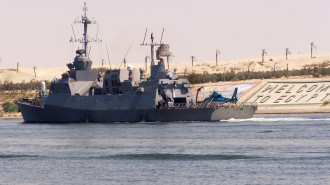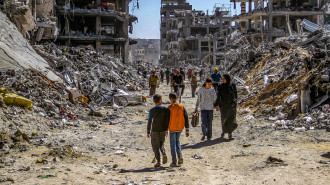Far-right Israeli politician: International community should recognise Golan annexation
Far-right Israeli politician: International community should recognise Golan annexation
Analysis: Citing the chaos in Syria, an Israeli cabinet minister has called for Israel's 1981 annexation of the Golan to be recognised by the international community.
2 min read
Israeli soldiers stand guard on the Golan Heights near the Syrian border [Getty]
The leader of a right-wing Israeli party and member of the Israeli cabinet called on Sunday for the international community to recognise Israel's 1981 annexation of the Golan Heights.
"I call on the international community to recognise Israel's sovereignty over the Golan," Naftali Bennett, head of the Jewish Home party and minister of Education and Diaspora Affairs in the current Netanyahu government, according to AFP.
Israel occupied the Golan Heights, a narrow strip of land on the Syrian side of the Israeli-Syrian border, during the 1967 Six-Day war. The international community regards the heights as occupied Syrian territory and considers all Israeli construction on land seized during the Six-Day War as illegal.
However, control of Syria's border with Israel is now in the hands of rebels fighting the Syrian government.
"I understand that there is a disagreement on Judaea and Samaria, what the world calls the West Bank," Bennett said.
"Who do they want us to give the Golan Heights to? To (Syrian President Bashar al-)Assad?" he asked, according to the Israeli news site Ynet. "Today, it's clear that if we listened to the world we would give up the Golan and the Islamic State group (IS) would be swimming in the Sea of Galilee."
According to Bennet, there are currently 23,000 Israeli settlers living in the Golan. However, he said, it was possible for this number to be increased to 100,000 in five years.
During the 1967 war, between 80,000 and 130,000 Syrians fled or were driven from their homes in the heights. Around 7,000 Syrian Druze stayed on the heights under Israeli occupation. Only a few of them have accepted Israeli citizenship.
In 2013, the European Union banned European institutions from dealing with Israeli entities operating in settlements.
"The EU does not recognise Israel’s sovereignty over any of the territories referred to... and does not consider them to be part of Israel’s territory, irrespective of their legal status under domestic Israeli law," it said.
However, Bennet said that the EU's stance on the Golan Heights represented a double standard. "The European Union does not treat occupied northern Cyprus or Western Sahara in the same way it treats the Golan."
However the UN is actively involved in brokering resolutions to the disputes over Cyprus and the Western Sahara.
"I call on the international community to recognise Israel's sovereignty over the Golan," Naftali Bennett, head of the Jewish Home party and minister of Education and Diaspora Affairs in the current Netanyahu government, according to AFP.
Israel occupied the Golan Heights, a narrow strip of land on the Syrian side of the Israeli-Syrian border, during the 1967 Six-Day war. The international community regards the heights as occupied Syrian territory and considers all Israeli construction on land seized during the Six-Day War as illegal.
However, control of Syria's border with Israel is now in the hands of rebels fighting the Syrian government.
| iI's clear that if we listened to the world we would give up the Golan and the IS would be swimming in the Sea of Galilee. -Naftali Bennet |
"Who do they want us to give the Golan Heights to? To (Syrian President Bashar al-)Assad?" he asked, according to the Israeli news site Ynet. "Today, it's clear that if we listened to the world we would give up the Golan and the Islamic State group (IS) would be swimming in the Sea of Galilee."
According to Bennet, there are currently 23,000 Israeli settlers living in the Golan. However, he said, it was possible for this number to be increased to 100,000 in five years.
During the 1967 war, between 80,000 and 130,000 Syrians fled or were driven from their homes in the heights. Around 7,000 Syrian Druze stayed on the heights under Israeli occupation. Only a few of them have accepted Israeli citizenship.
In 2013, the European Union banned European institutions from dealing with Israeli entities operating in settlements.
"The EU does not recognise Israel’s sovereignty over any of the territories referred to... and does not consider them to be part of Israel’s territory, irrespective of their legal status under domestic Israeli law," it said.
However, Bennet said that the EU's stance on the Golan Heights represented a double standard. "The European Union does not treat occupied northern Cyprus or Western Sahara in the same way it treats the Golan."
However the UN is actively involved in brokering resolutions to the disputes over Cyprus and the Western Sahara.

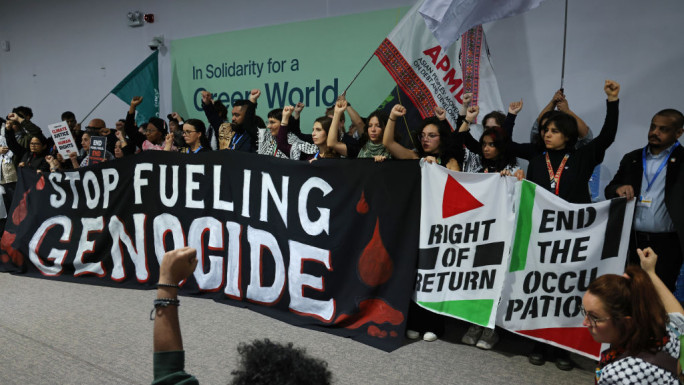
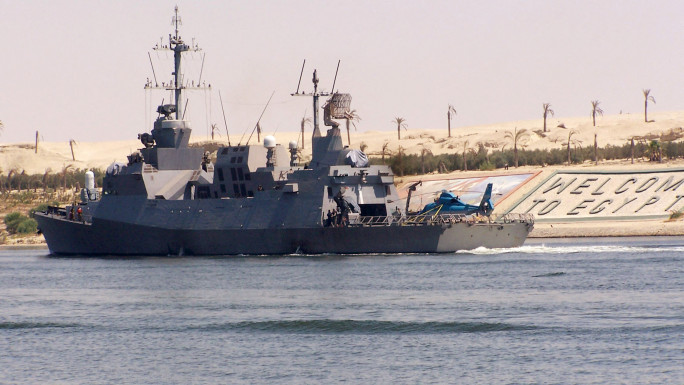
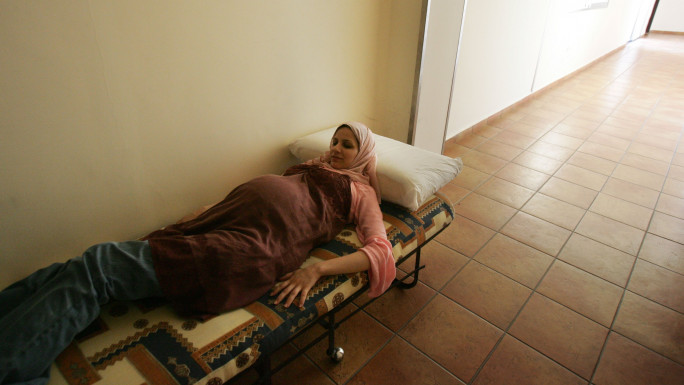
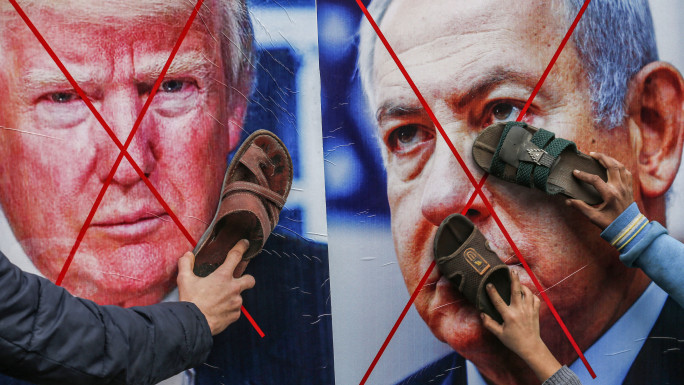
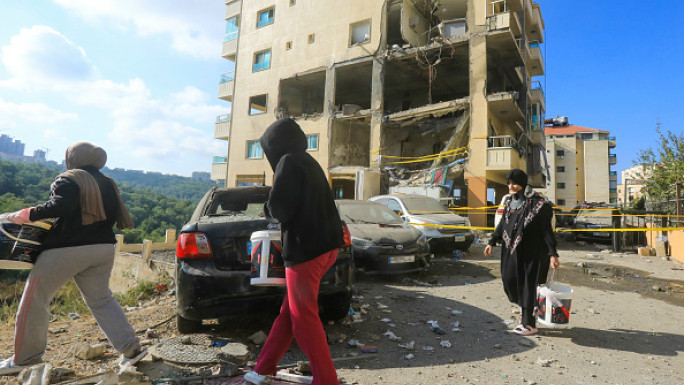
 Follow the Middle East's top stories in English at The New Arab on Google News
Follow the Middle East's top stories in English at The New Arab on Google News

